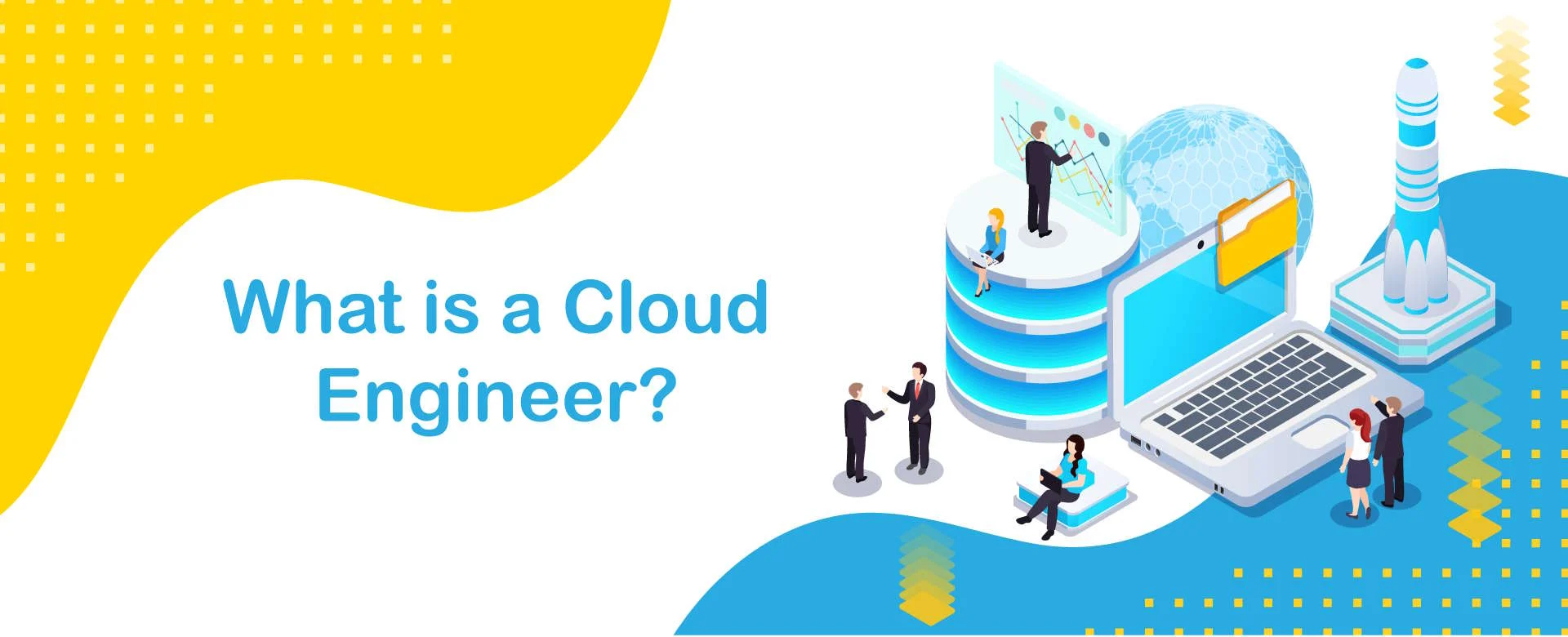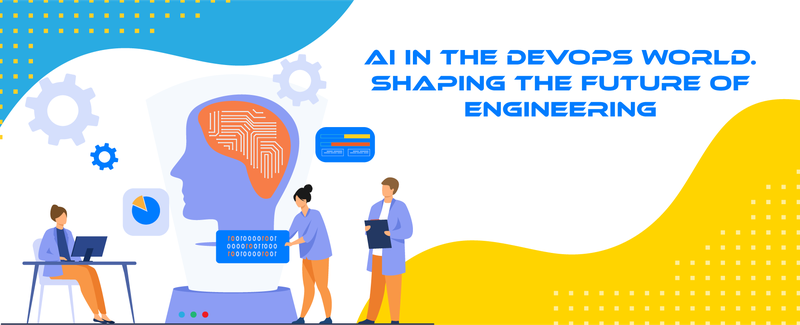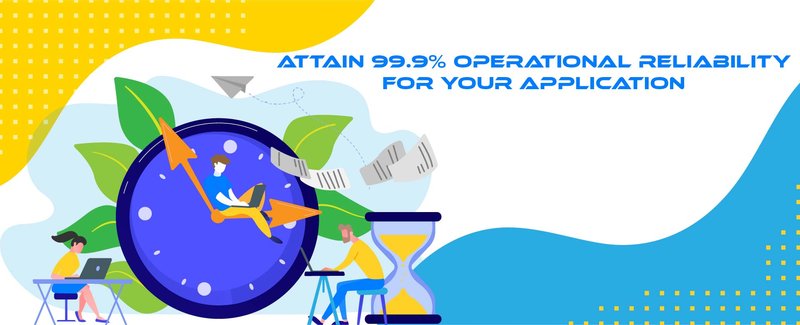Before discussing what a cloud engineer is, let's briefly talk about his field, which happens to be, as you already guessed, cloud. The key idea is intuitive and applies to any cloud provider (such as AWS, Azure, or GCP) or service you get from those providers - you pay for the provider's computing power instead of buying and maintaining servers on your own. The most valuable part for you is that you put in less effort and money since you pay for only what you use.
But less effort means no effort at all. In fact, by removing the obligation to monitor and maintain on-premise servers constantly, you get a lot of time to improve your infrastructure and enhance overall architecture. Furthermore, it would be best to learn many new tools the cloud provider gives you to build what you need. And it may be more complex than you expect - some solutions are more or less cost or performance efficient, so it's a cloud engineer's task to determine what fits best.
Cloud engineer is a general term for a bunch of roles associated with the cloud, such as cloud architect, cloud software engineer, cloud security engineer, cloud systems engineer, and cloud network engineer. But most of the time, the term cloud engineer is used. But it's not about tagging and naming - companies hire those who can freely work with every aspect of the cloud, be it security, monitoring or administration.
Now that we know what a cloud engineer is and what he works with let's discuss how to become one. Suppose you are passionate about starting your career as a cloud engineer. In that case, you are lucky - even though it's a relatively young profession, you have plenty of materials. Meaningful roadmaps which cloud providers create so you can speed up your journey and improve your learning experience. But before we start, it's essential to talk about key skills every cloud engineer needs to have to be successful and more productive.
Linux
Since you will work with virtual machines, you should expect to encounter Linux machines. If you are going to work with IaaS (infrastructure as a service), more often than not, you will configure different Linux distros.
Databases
Strong database knowledge is required to make successful architectural decisions, such as what backup and recovery strategy suits best. In many cases, database cloud services are used, which simplifies the administration part. Still, it doesn't mean you will never start your MySQL server on a separate virtual machine, so it would be nice to have at least fundamental administration skills.
Scripting
Automation plays a large part in cloud engineering, so it's necessary to be able to write scripts. The most common languages for scripting are Bash, Python, and PowerShell.
Networking
Although cloud providers take care of low levels of OSI model and high levels are usually simplified, you still have to have a solid understanding of concepts such as routing, subnets, VPN connection, protocols, etc.
Containerization
Since many organizations are embracing containerization technology, there is no doubt you will encounter those in the cloud. Not only will you see native cloud services, but also there is a good chance you will work with containers on virtual machines directly, as we mentioned earlier in the databases section.
Security
Universal for all cloud providers' principle of shared responsibility states that both you and the cloud provider are responsible for security. Your responsibility is to provide proper configuration and consider application security. This approach frees you from the obligation to take care of everything regarding safety, but you still should have at least a basic understanding of core concepts.
DevOps
DevOps culture and cloud technologies matured together, complementing each other, so it's a good idea to understand what DevOps is and how the cloud helps to bring it to your team. Now you have a basic understanding of what skills are required. Let's talk about the learning path, as promised earlier. Thankfully there are dozens of courses, but the most straightforward approach is to let official certifications guide you. Each large cloud provider has certifications for different levels and fields,
allowing you to improve your skills gradually. Learning materials for these courses can be found on resources such as acloudguru.com. Certification roadmaps are publicly available so that you can start your journey immediately.
Summary
A cloud engineer is an IT professional responsible for making architectural decisions and creating and maintaining cloud infrastructure. Although this profession is considered relatively young, plenty of skills are required to become a successful engineer, making the journey challenging yet rewarding since a cloud engineer's salary is high. If you choose this career path but need help figuring out where to start, stick with the official cloud providers' certification.
Discover how our services can benefit your business. Leave your contact information and our team will reach out to provide you with detailed information tailored to your specific needs. Take the next step towards achieving your business goals.
Our latest news
How AI and DevOps are transforming software development, addressing new challenges in autonomy and ethics
Achieving 99.9% uptime involves redundancy, continuous monitoring, and robust CI/CD processes to optimize application performance and ensure security
The article discusses overcoming challenges in cloud infrastructure development for a FinTech startup with limited regional options and strict regulations





